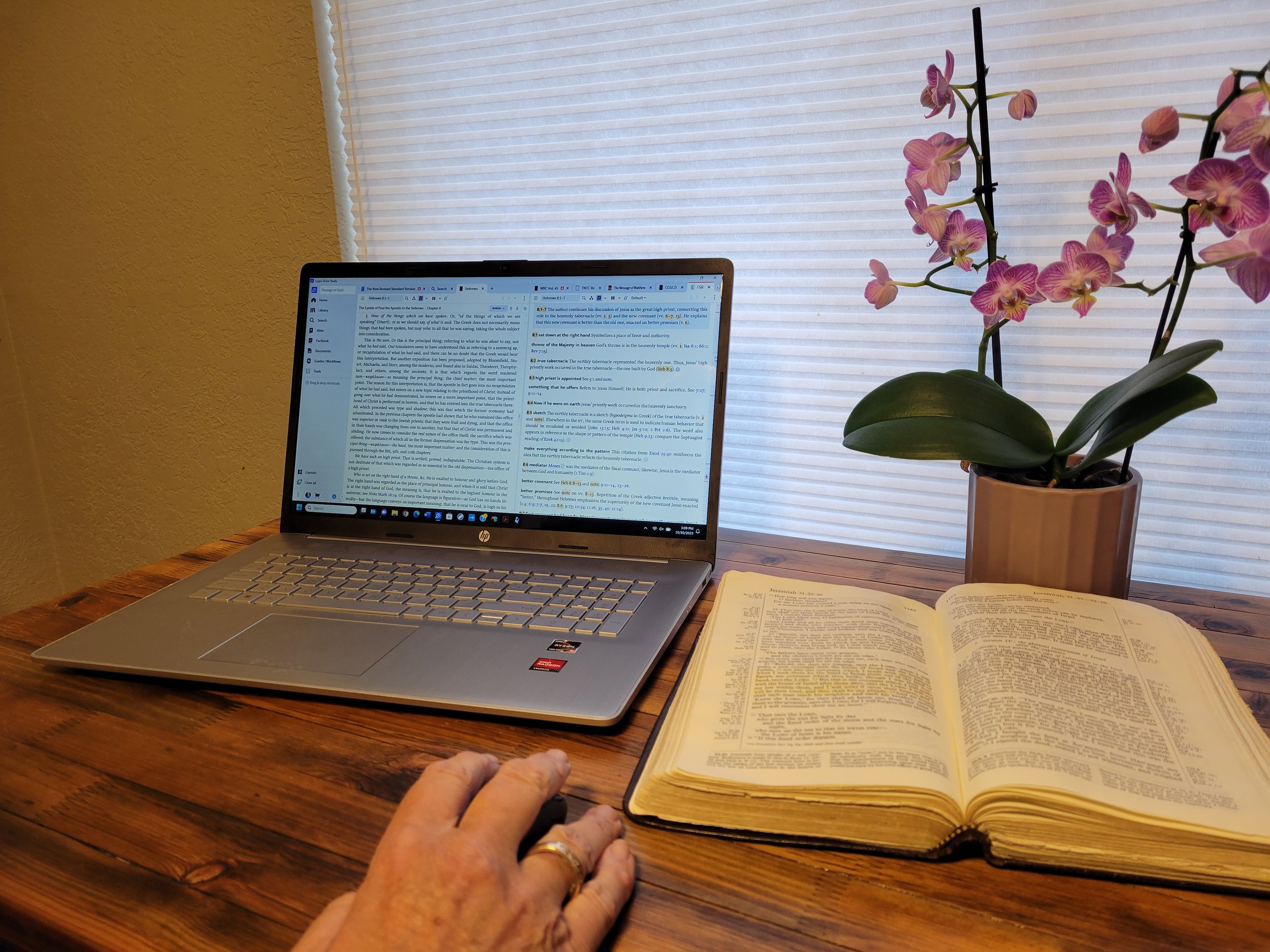I begin with a confession: My relationship with Halloween is conflicted. I have fond memories of trick-or-treating as a child. I love seeing costumed children coming to our door and joyfully getting candy. Our Littleton Church’s “Trunk-or-Treat” was a smashing success and that is nothing but positive! And yet, I find that the pervasive images of death, the occult, vampires, horror, and evil associated with Halloween to be troubling. The spirit world is real, and evil spirits are not fun or safe.
I know that in my view of Halloween I’m in a shrinking minority. In fact, Halloween seems to be growing in importance in our land. In our neighborhood, Halloween decorations, some quite elaborate, are more popular than ever. I wonder if in an increasingly secular populace, people are searching for a holiday they can embrace and have landed on Halloween. Maybe.
For Christians, we should know that the roots for Halloween are hardly secular, and those roots are worth celebrating. Halloween comes from “All Hallows Eve.” To hallow means to make something holy and All Hallows Day was a Christian celebration of the saints who had died. Gradually, the eve of All Hallows (Halloween) became associated with death and the unholy. All Hallows does not celebrate death but rather, those who died. “Then I heard a voice from heaven say, ‘Write this: Blessed are the dead who die in the Lord from now on.’ ‘Yes,’ says the Spirit, ‘they will rest from their labor, for their deeds will follow them’.” (Revelation 14:13 NIV)
Who are the saints? They are those, not who earned the title by their good deeds, but those who were made holy by the grace of God in Jesus, the Messiah.
1 Corinthians 1:2 To the church of God in Corinth, to those sanctified in Christ Jesus and called to be his holy people, together with all those everywhere who call on the name of our Lord Jesus Christ—their Lord and ours…
Clearly, not all of those saints in Corinth would qualify for sainthood under the common understanding, but were saints, nevertheless. The church, early on, celebrated the lives of the saints, especially those who were martyrs. As Hebrews 11 celebrated the lives of those who lived by faith before Jesus, Christians celebrated such faithful saints who lived after Jesus.
Those of us in the Restoration Movement have largely lost this, and it’s unfortunate. Church History does not end with Revelation 22, only to pick up again in the early 19th Century! We can celebrate, not only the Martyrs, but all those through the centuries who have loved the Messiah, Jesus. This may be seen on October 31, which is Reformation Day. It celebrates the beginning of the Reformation, when on that day in 1517, Martin Luther nailed his Ninety-five Theses on the door of the All-Saints’ Church in Wittenberg, Electorate of Saxony.
But even more personally, I can celebrate saints, now with the Lord, who have blessed me. With thanksgiving, I can remember my grandparents, parents, sister, and uncles and aunts who were faithful and nurtured my faith. Outside my natural family, I can celebrate saints like Bob and Ce Himes, who helped bring my father to faith, and embodied Jesus before me. I can think of teachers who shaped my understanding of the Gospel, such as Dr. Frank Pack. I can also think of many who were among those I served as a minister. One of those was Bob Fraley, who once said that there were two problems with modern church buildings. The first was that there were no windows to remind us of the world outside to which we are called, and the second was that there were no graveyards to remind us of our heritage.
All Hallows Day is the celebration of lives, not of death, for death’s our enemy. Such All Hallows can point us to our own certain death and call us to live such faithful lives that those who follow us will celebrate our lives!
Finally, the hymn of All Hallows Day is “For All the Saints.” Listen to it and celebrate: https://www.youtube.com/watch?v=1OaBgaMcOvM#ddg-play
Tim Kelley

